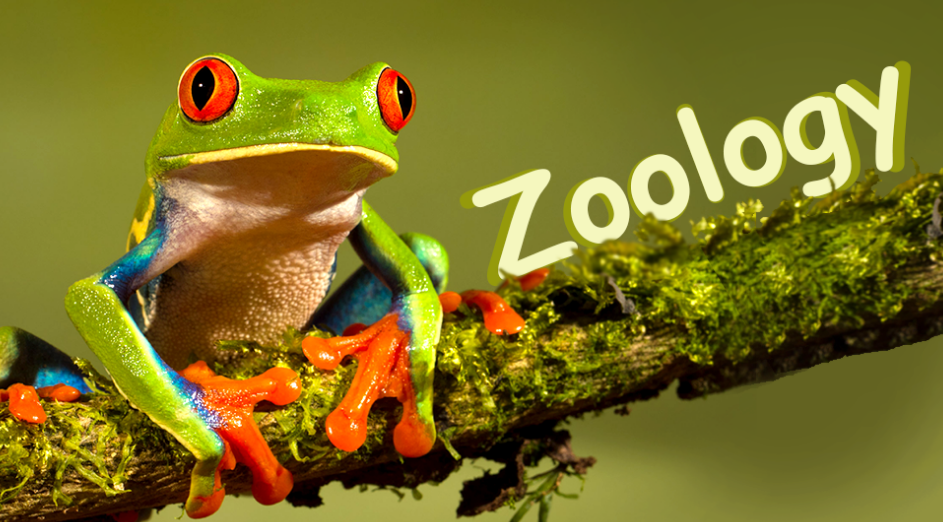
Animal Ecology focuses on the study of animals and their interactions with each other and their environments. It encompasses a wide range of topics related to the distribution, abundance, behavior, physiology, and adaptations of animals in their natural habitats. Here are some key concepts and areas of interest in animal ecology:
- Habitat and Niche: Ecologists study the specific habitats where animals live and their ecological niches, which refer to the role and position of an animal species within its ecosystem.
- Population Ecology: This area of study examines the dynamics of animal populations, including factors that influence population size, growth, and distribution.
- Community Ecology: Community ecology focuses on the interactions between different species of animals within a specific habitat or ecosystem. This includes topics such as predation, competition, and mutualism.
- Behavioral Ecology: Behavioral ecologists study animal behavior, including mating behavior, foraging strategies, and communication, to understand how these behaviors contribute to an animal’s survival and reproduction.
- Physiological Ecology: This field looks at how animals have evolved physiological adaptations to cope with their environment. For example, how animals regulate their body temperature or obtain energy and nutrients.
- Migration and Dispersal: Understanding the movements of animals, such as migration patterns and dispersal, is a key component of animal ecology.
- Conservation Ecology: Animal ecologists also play a vital role in the conservation of endangered species and the protection of ecosystems. They work to assess the health of animal populations and ecosystems, identify threats, and develop conservation strategies.
- Food Webs and Trophic Interactions: The study of food webs and trophic interactions helps ecologists understand the flow of energy and materials through ecosystems, including the roles of predators, herbivores, and decomposers.
- Spatial Ecology: Investigating how animals use space and resources within their habitats is a crucial aspect of animal ecology. This includes territorial behavior and home range studies.
- Climate Change and Adaptation: Animal ecologists are increasingly studying how climate change impacts animals and how species may adapt to changing environmental conditions. Researchers in animal ecology often use various methods and tools to gather data, including field observations, remote sensing, GPS tracking, and genetic analyses. They may represent their findings in graphs, figures, and maps to visualize patterns and trends in animal populations and behavior.



